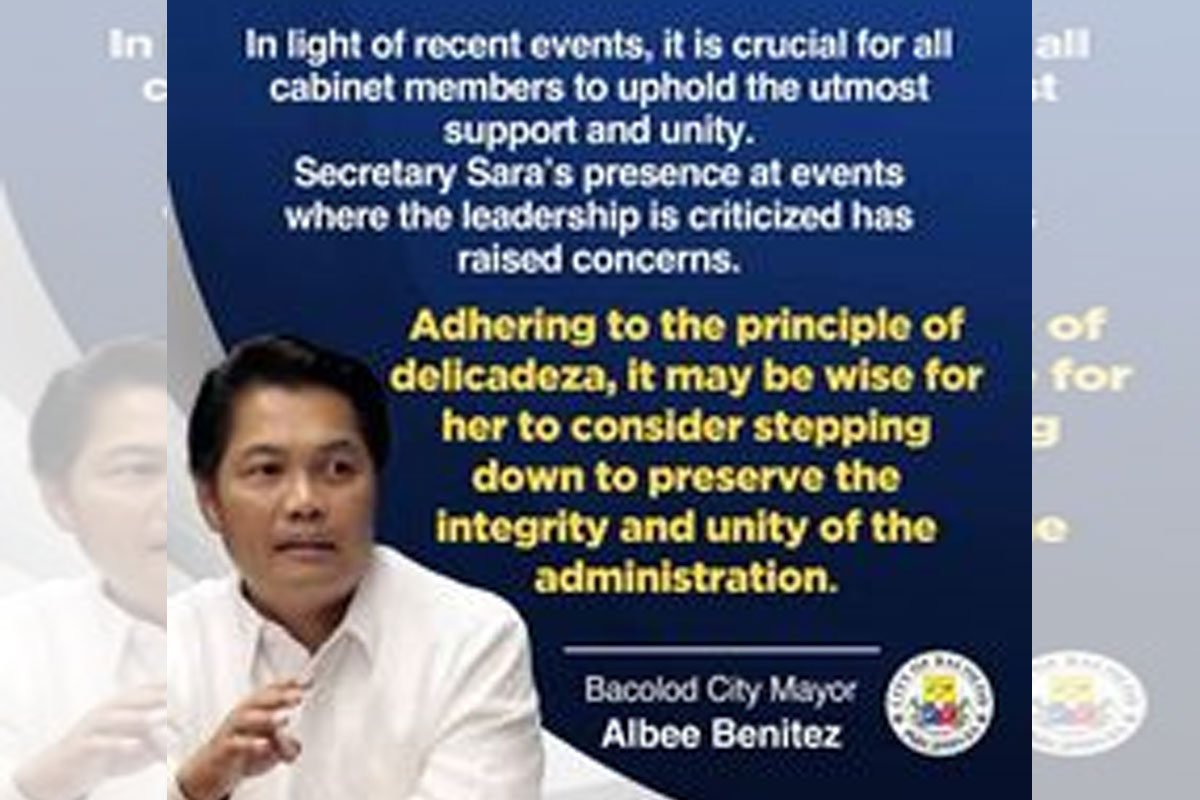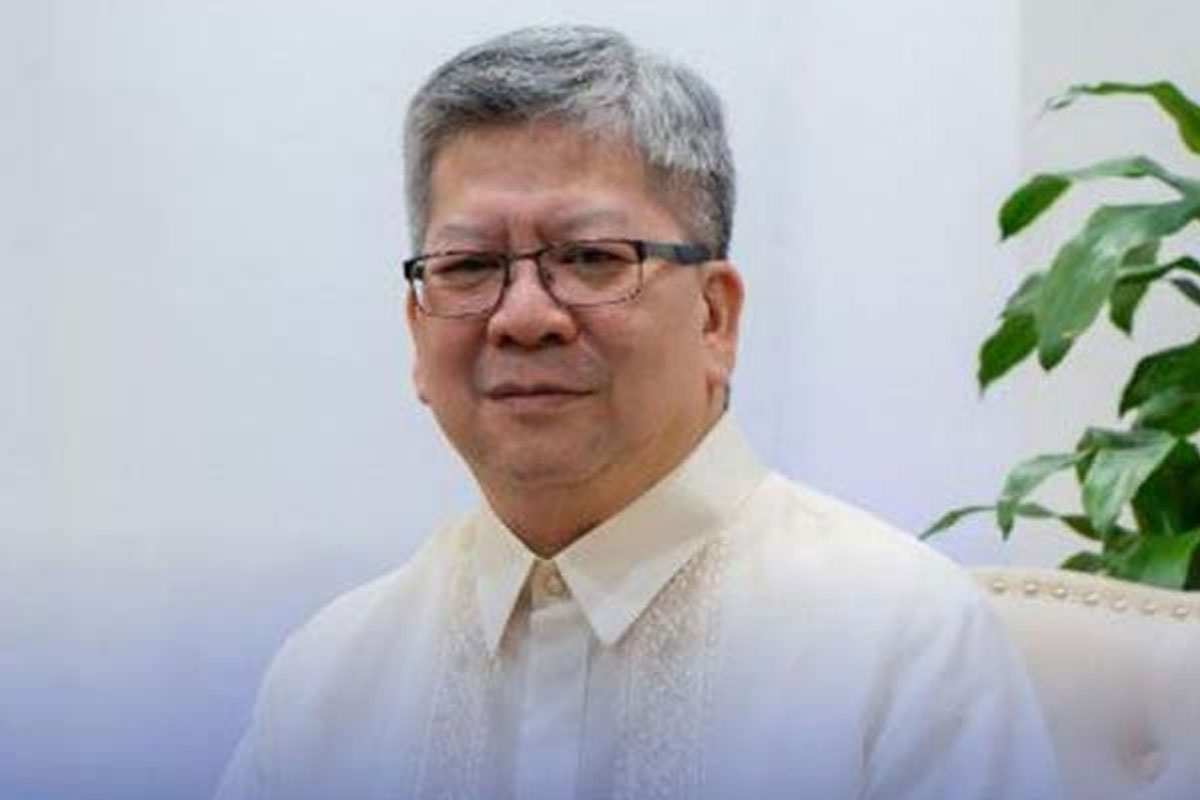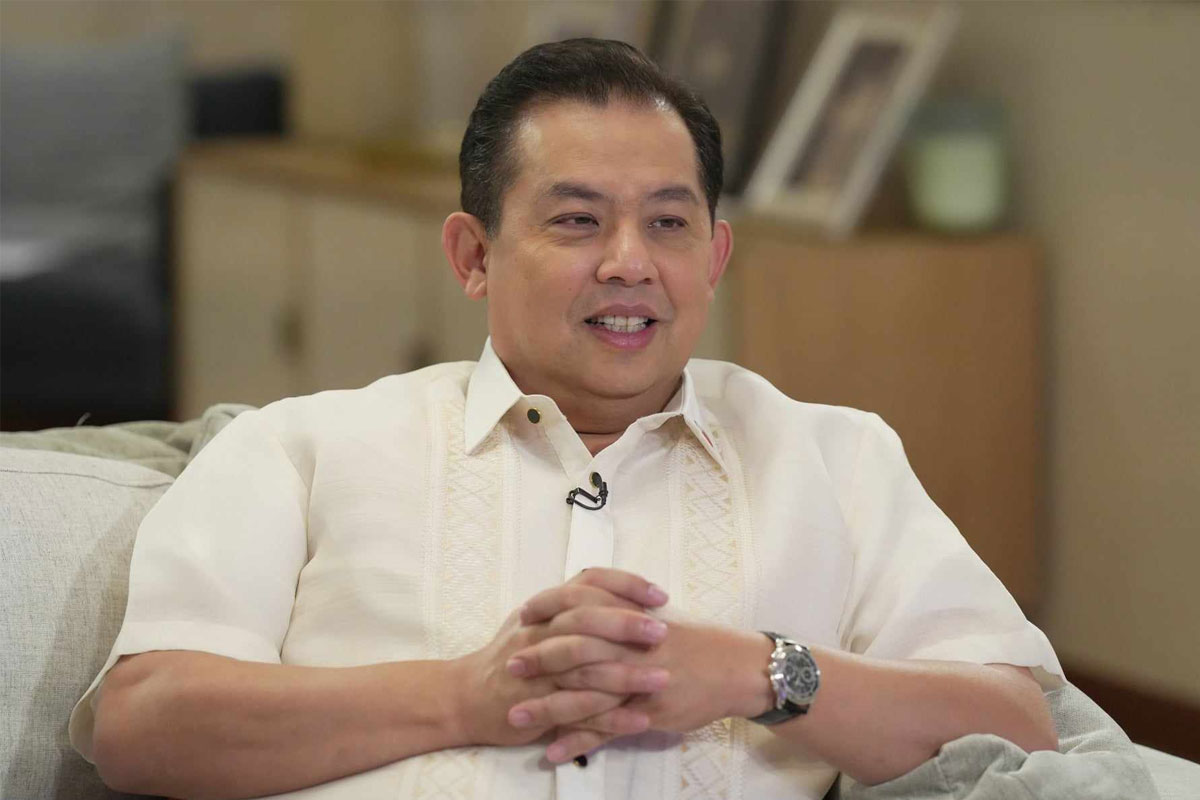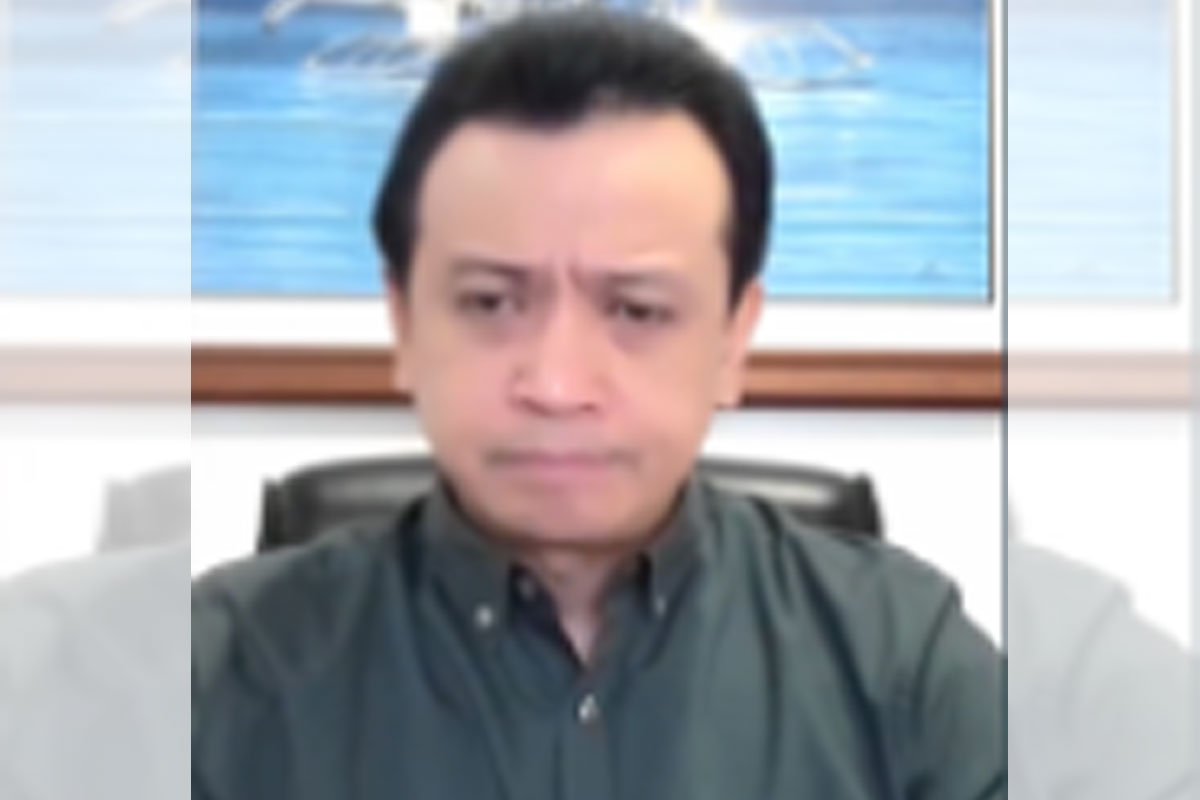
Amid official denials, Nicaraguans battle Covid surge
AFP, September 21, 2021 — In Nicaragua, governed with an iron fist by Daniel Ortega, official coronavirus figures do not reflect the reality of a population scrambling to find oxygen tanks for stricken loved ones.
The government insists there is no shortage of hospital beds and says the pandemic has killed 201 Nicaraguans out of a population of 6.5 million.
But observers and residents paint a different picture.
A network of independent doctors, Observatorio Ciudadano, says more than 4,500 people have died with Covid-19-like symptoms, and lists at least 25,150 suspected cases — almost double the government’s official figure of 13,206.
Ortega, who since June has arrested dozens of opposition candidates ahead of November 7 elections in which he will seek a fourth consecutive term, dismisses these numbers as “pandemic terrorism.”
Last Wednesday, the Pan American Health Organization (PAHO) said that despite a lack of “official figures to allow a proper analysis” there were “other sources indicating high demand for health services, particularly hospitals” in Nicaragua.
“The situation is critical… it is very bad,” said Erika, who declined to give her surname, one of hundreds queuing for oxygen in the capital, Managua.
She said she had lost two family members to the pandemic.
“I no longer want to go onto social media and be faced with all the condolences” expressed for people who had passed away, added Yonarqui Martinez, a human rights advocate.
The Catholic Church said that among its ranks alone, 16 priests have died of the virus in Nicaragua to date, most of them this year.
The PAHO said it had received reports of “high transmission, that is an increase in the number of cases — also in children and teenagers — both in terms of hospitalizations, suspected and confirmed cases, and deaths.”
Oxygen tanks have been in short supply for weeks, and from all corners of Nicaragua, people flock to the capital to try and acquire some of the precious gas for loved ones they say they have no choice but to treat at home.
Taxi driver Julio Larios traveled 180 kilometers (112 miles) from Leon in the country’s west to Managua only to be told after a long wait that there was no more oxygen.
“I will queue and hope by some miracle that another tanker comes today,” he told AFP.
Francisco Montenegro, who has taken in both his parents stricken with Covid-19, is also in an oxygen queue.
He laments the lack of containment measures to brake the spread of the pandemic.
“In the streets, in the bus, everywhere there are people not wearing masks,” he told AFP, and blamed Nicaragua’s Covid-19 resurgence on the amassing of “crowds” despite low rates of vaccination.
Unlike other countries in Latin America that have also experienced infection surges, Nicaragua has never had a coronavirus lockdown.
Sporting events, large religious gatherings, fairs and dance parties have continued throughout the epidemic, often gathering thousands together in enclosed spaces, and without strict mask protocols.
Ortega has insisted that if the country “stops working… it will die of hunger.”
A million Nicaraguans, according to the central bank, make ends meet through informal employment.
Masks, hand-washing
To date, Nicaragua has administered at least one dose of a coronavirus vaccine to only 523,000 of its residents — all over the age of 45 or falling into vulnerable groups of people battling cancer or other diseases.
The government intends to complete vaccination of this group by next month, as well as 30 percent of those over the age of 30 — for whom the campaign started Monday.
Nicaragua’s health authorities have in recent weeks been urging people to respect voluntary counter-infection measures such as mask-wearing, social distancing, and regular hand-washing.
Health personnel are travelling around the country, making home calls to detect suspected cases.
For its part, Observatorio Ciudadana urges Nicaraguans with Covid-19 symptoms to voluntarily self-isolate to avoid a “collapse of the hospital system.”
















